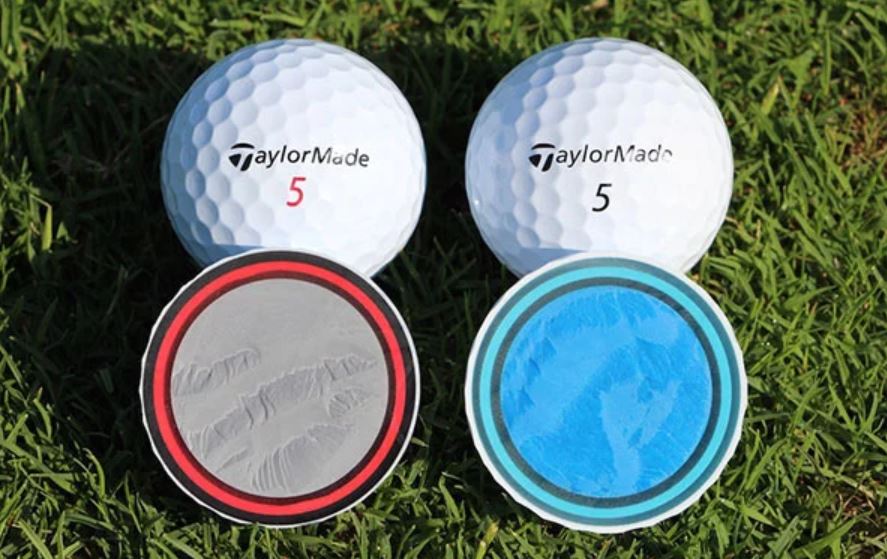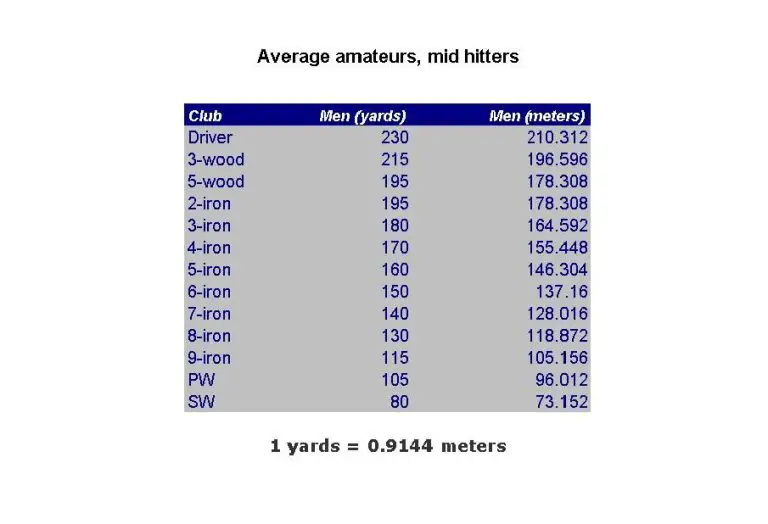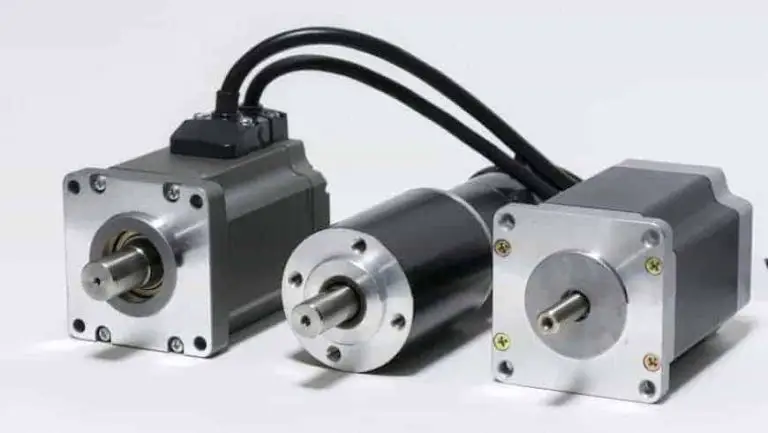Do Golf Balls Really Matter
Golf balls are an integral part of the game of golf. They are the only piece of equipment that a golfer uses on every shot, and they can have a significant impact on a player’s performance. With so many different types of golf balls available on the market, it’s important for golfers to understand the construction, performance factors, and myths surrounding golf balls to make an informed decision on which ball is best for their game.
In this article, we will explore the question “Do golf balls really matter?” We will discuss the construction of golf balls, including the different layers and materials used. We will also examine the various performance factors that impact a golf ball’s performance, such as compression, spin rates, trajectory, and cover design. We will address common myths surrounding golf balls, such as the belief that higher compression is always better, and we will look at recent innovations in golf ball technology.
By the end of this article, you will have a better understanding of whether golf balls really matter, and you will be equipped with the knowledge to choose the right golf ball for your game. Whether you are a beginner or a seasoned pro, selecting the right golf ball can make a significant impact on your performance, and we are here to help you make an informed decision. So, let’s dive into the world of golf balls and explore whether they really matter.

Golf Ball Construction
Golf balls are typically made up of two to four layers, each with its own purpose. The outer layer, or cover, is made of materials such as urethane, Surlyn, or ionomer, and its design can impact the ball’s spin and overall feel. The layers beneath the cover include the mantle layer, the core, and in some cases, a second mantle layer. The type and quality of materials used in these layers can impact the ball’s compression, or the amount of give in the ball when struck.
Golf Ball Performance Factors
There are several factors that can impact a golf ball’s performance, including compression rating, spin rates, trajectory, and cover design. Compression rating refers to the amount of give in the ball when it is struck, and can affect the ball’s distance. Spin rates refer to the amount of spin a ball has when it is hit, and can impact the ball’s flight and accuracy. Trajectory refers to the height and angle of the ball’s flight, and can affect distance and accuracy. Cover design, as previously mentioned, can impact the ball’s spin and overall feel.
Golf Ball Myths
There are several myths surrounding golf balls that can impact a golfer’s decision on which ball to use. For example, many golfers believe that higher compression is always better, when in reality, the compression of a golf ball should be chosen based on the golfer’s swing speed. Similarly, many golfers believe that distance balls are always better than softer balls, when in reality, the right ball for a golfer depends on their individual needs and preferences.
Golf Ball Testing
Golf ball testing is used to determine the performance of different golf balls. Methods of testing include measuring compression, spin rates, and trajectory, among others. Testing results can be used to determine which golf ball is best suited for a particular golfer’s needs.
Do Golf Balls Really Matter?
In short, yes, golf balls do matter. The right golf ball can make a significant impact on a golfer’s performance, and choosing the wrong ball can result in lost distance and accuracy. However, it’s important to understand that the right ball for a golfer depends on their individual needs and preferences, as well as their swing speed and other factors.
Golf Ball Innovations
Recent innovations in golf ball technology have resulted in balls that are longer, straighter, and more consistent. Innovations include new cover materials, improved dimple patterns, and advances in core design. These innovations are changing the game of golf and are worth considering when choosing a golf ball.
Conclusion
Choosing the right golf ball is an important decision for any golfer. By understanding the construction and performance factors of golf balls, as well as common myths and recent innovations, golfers can make an informed decision on which ball is best for their game. Remember that the right ball for you depends on your individual needs and preferences, and may require some experimentation to find the perfect fit.






